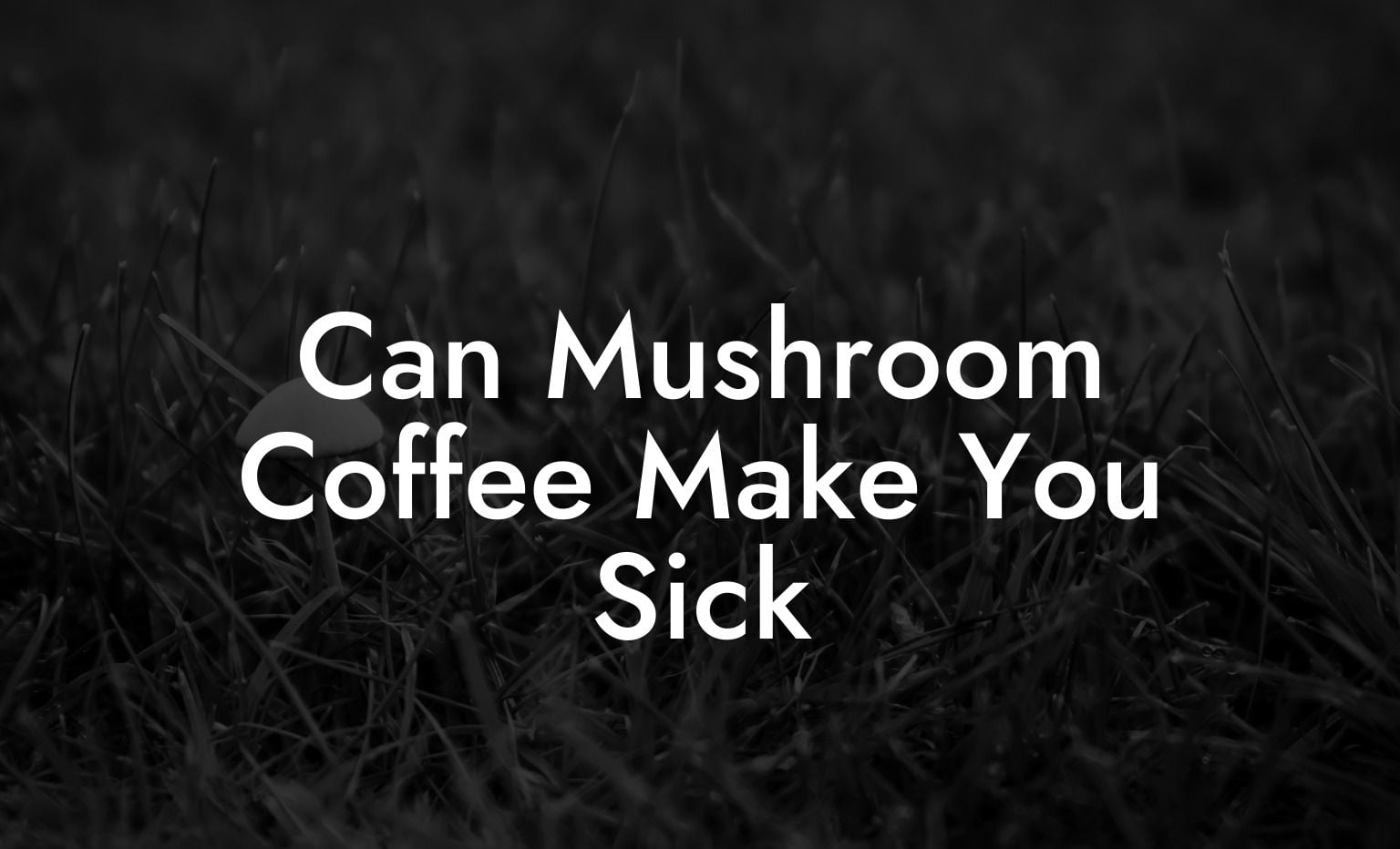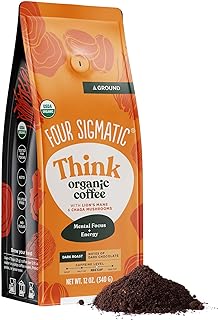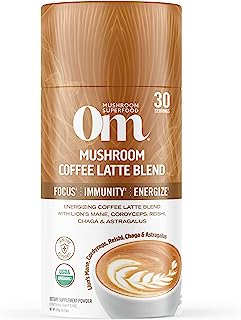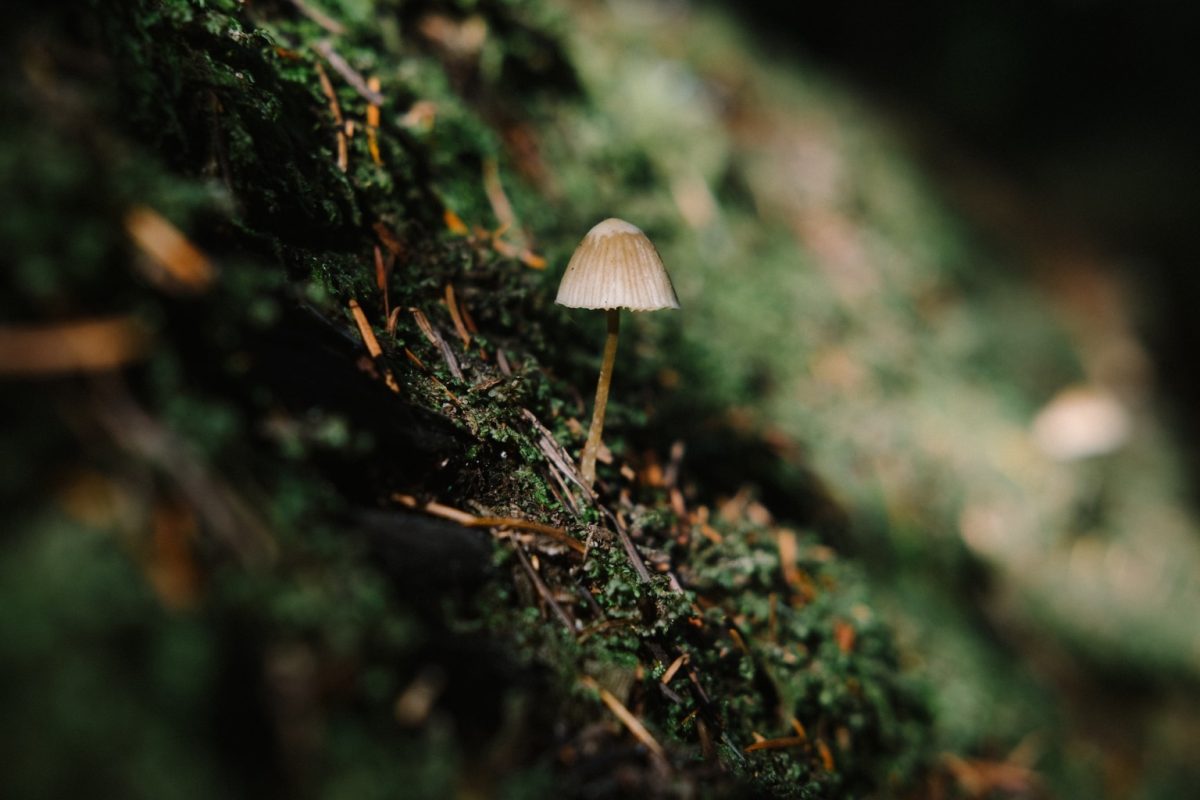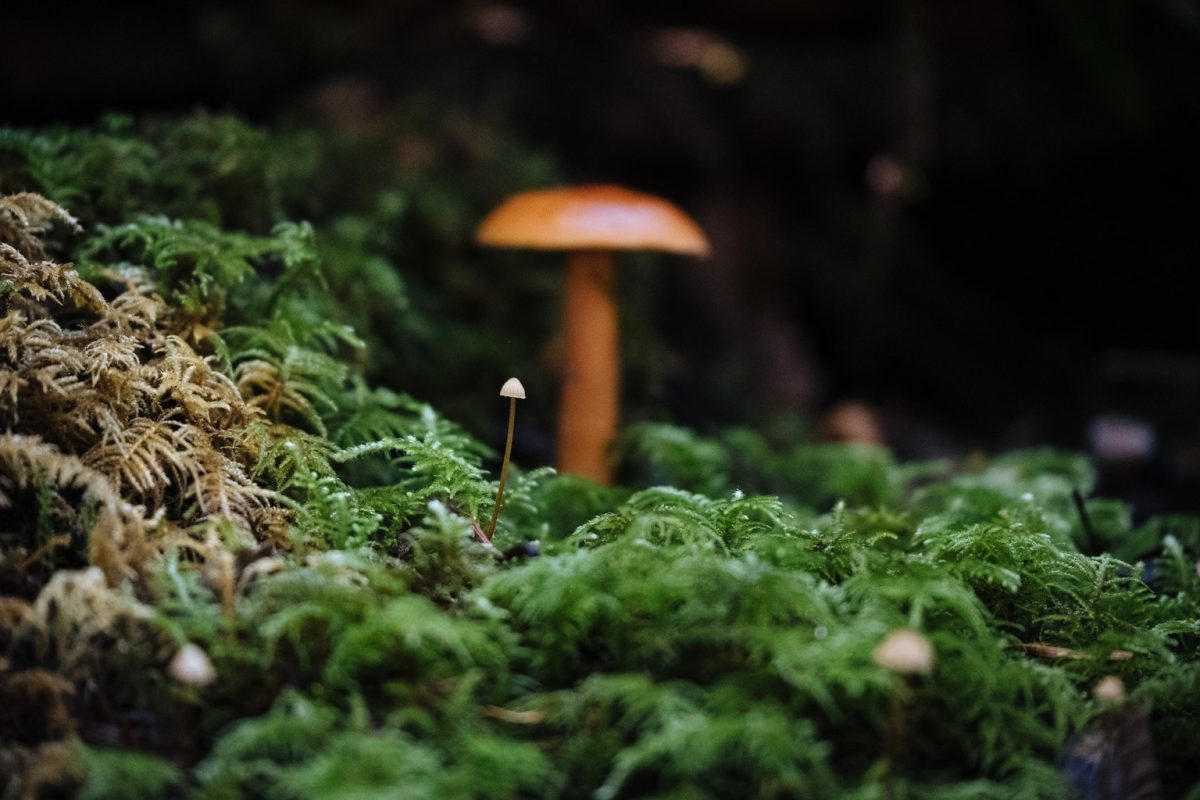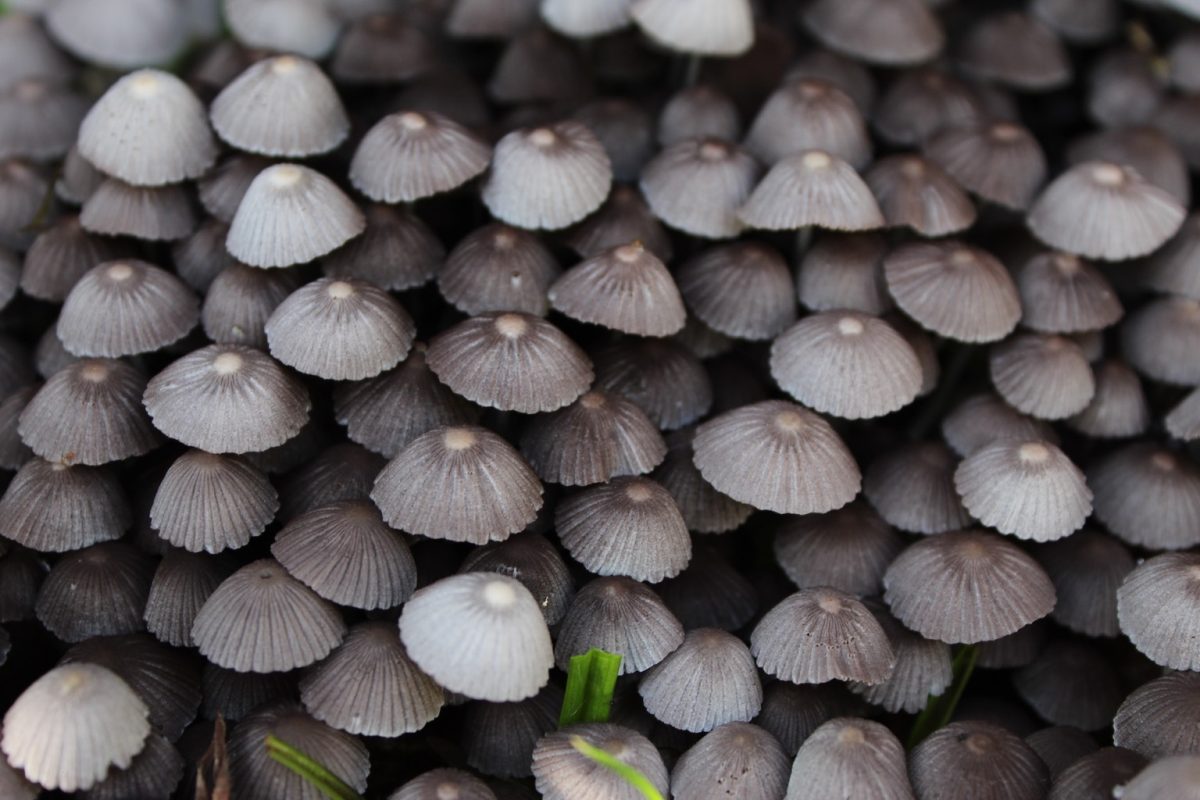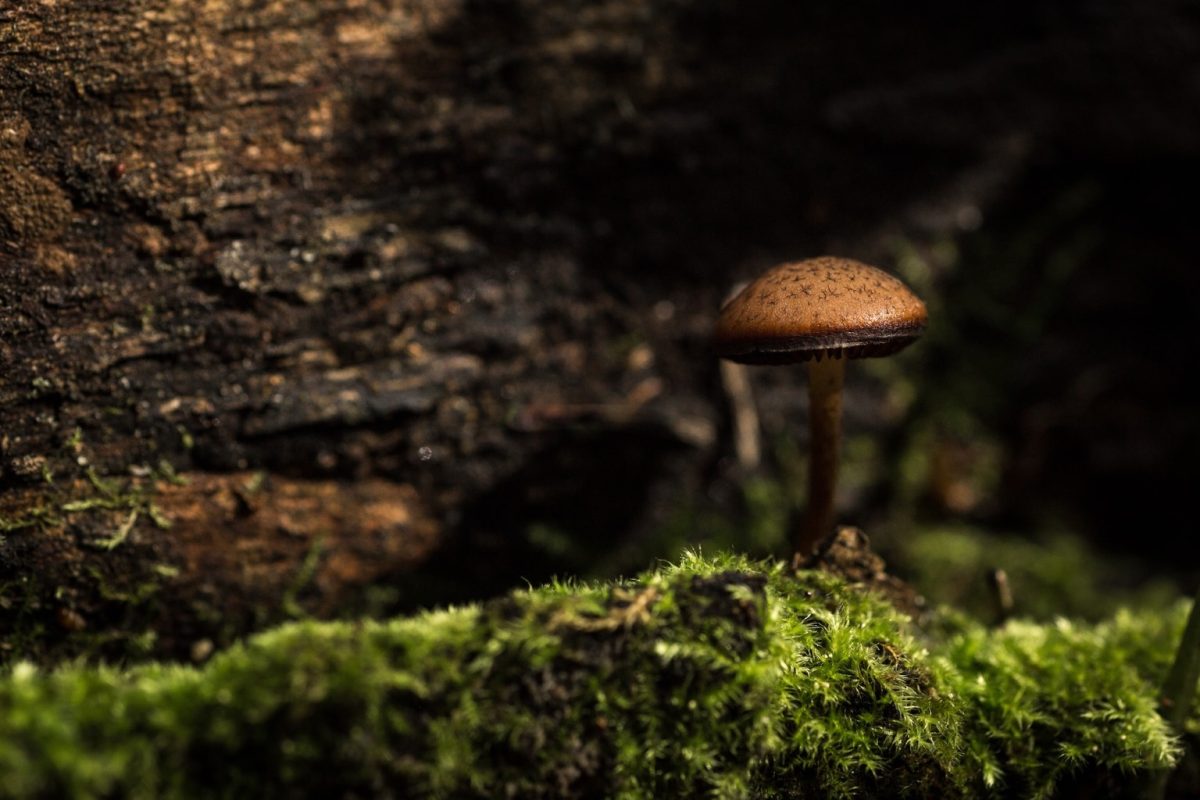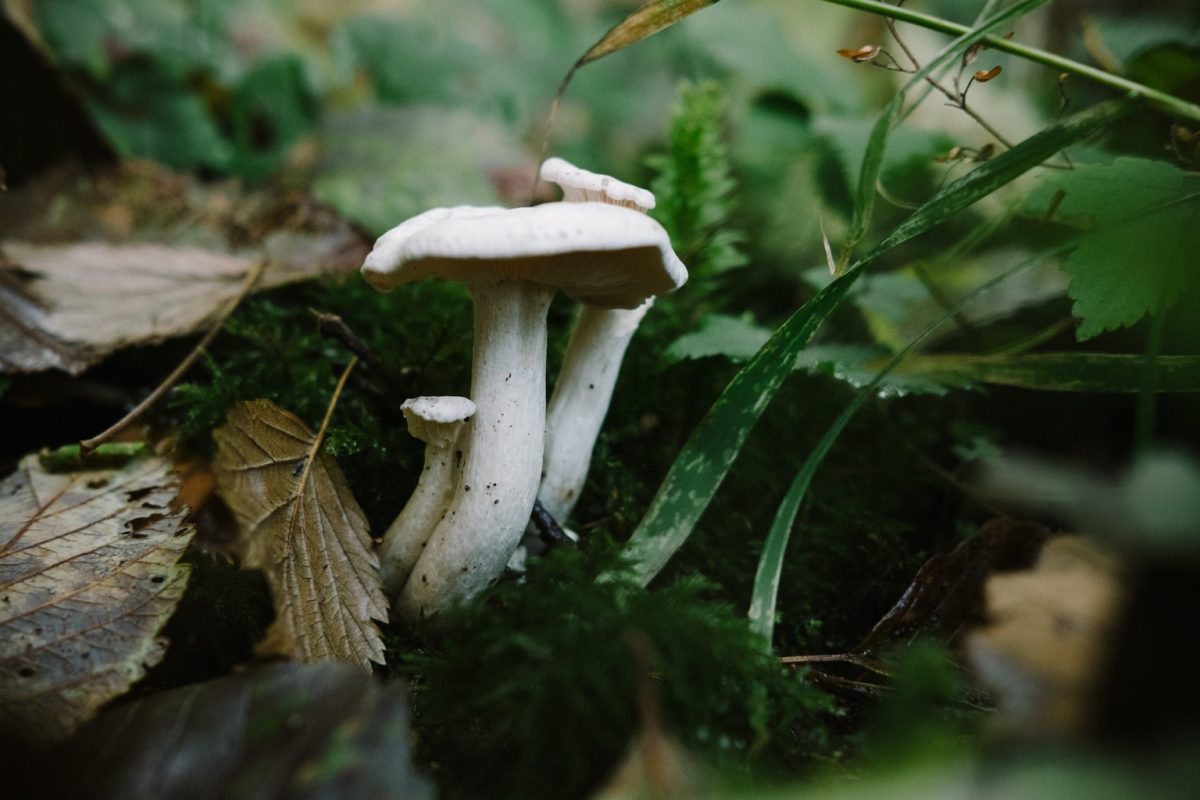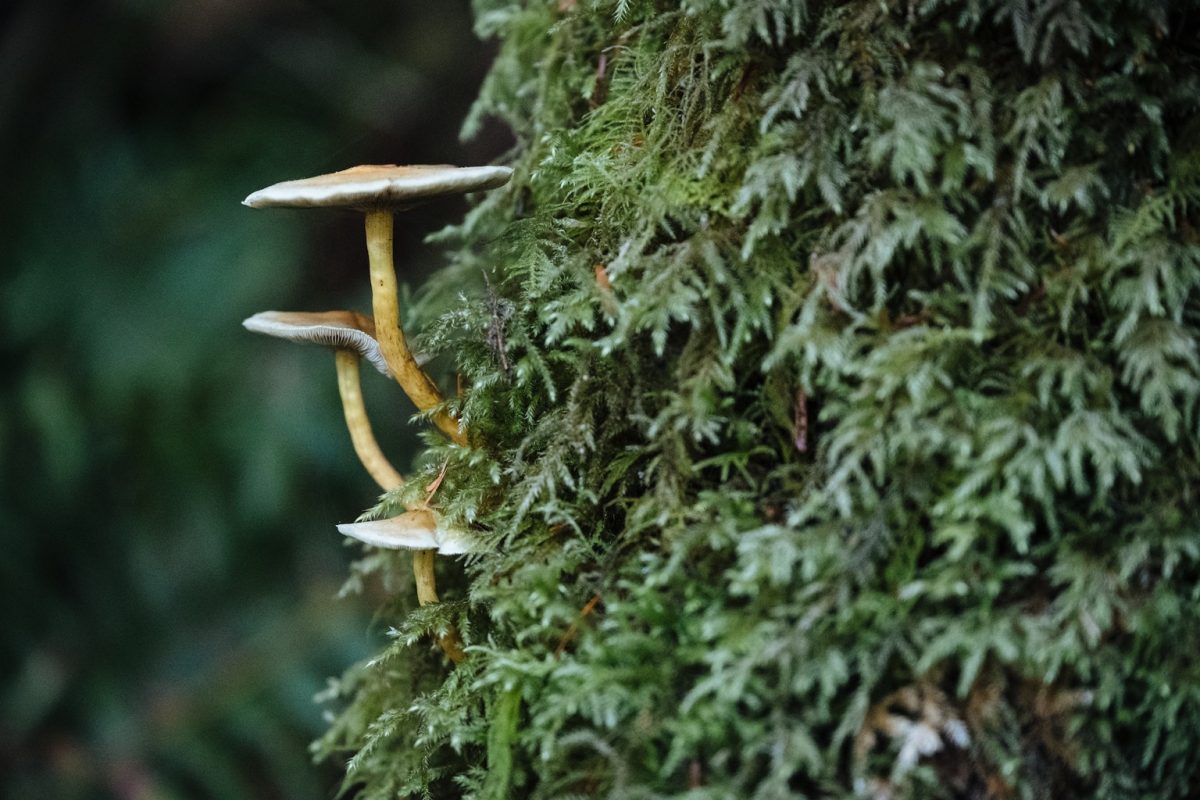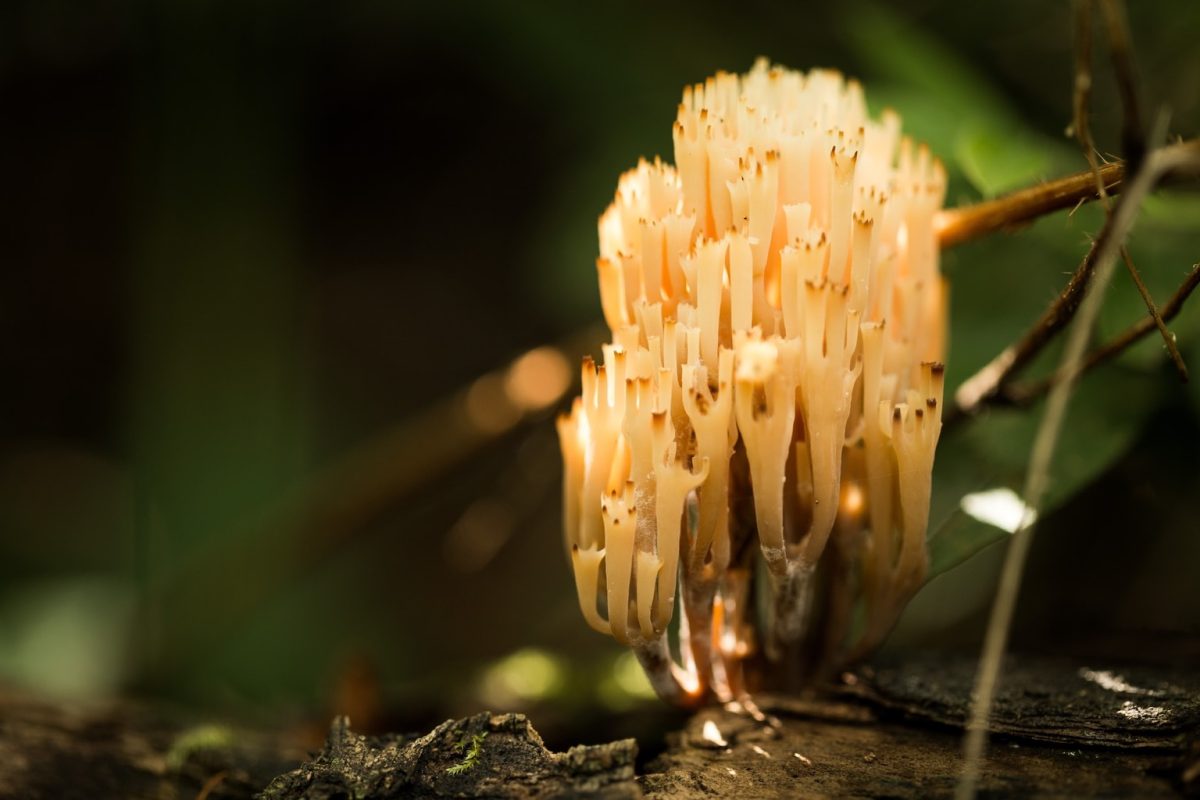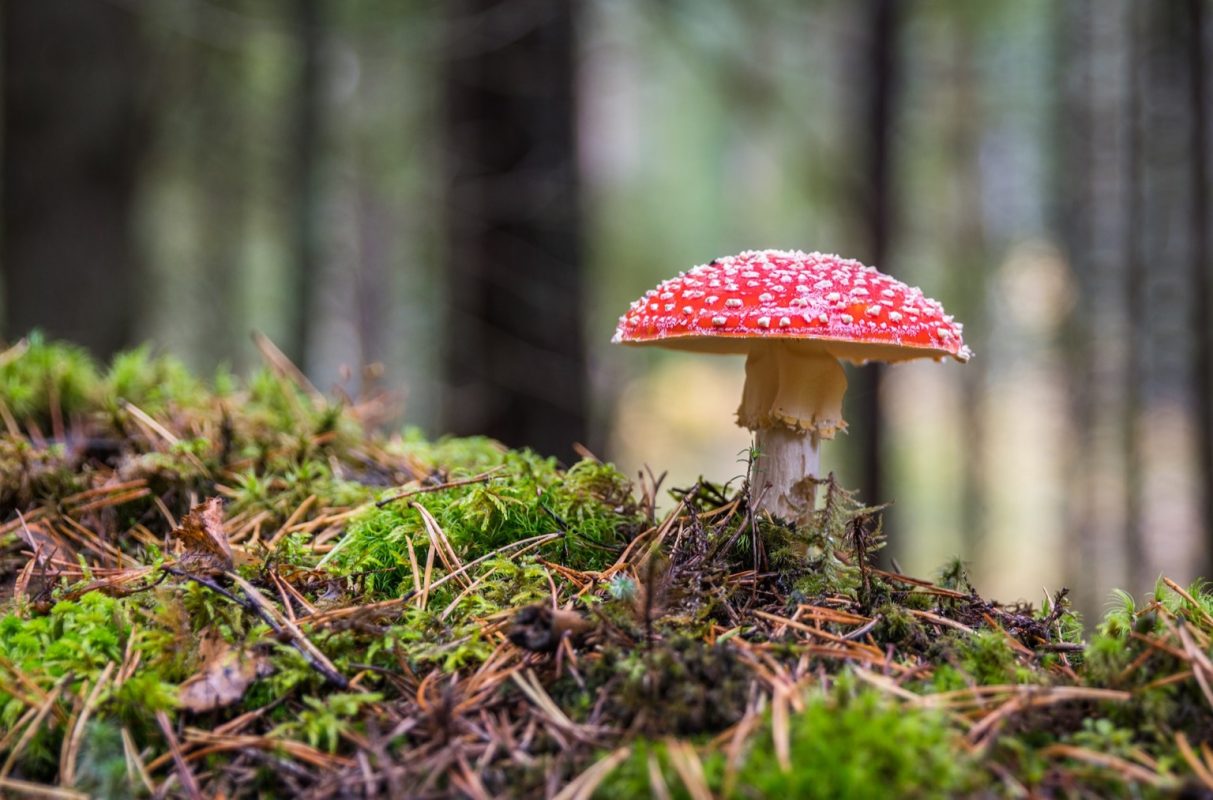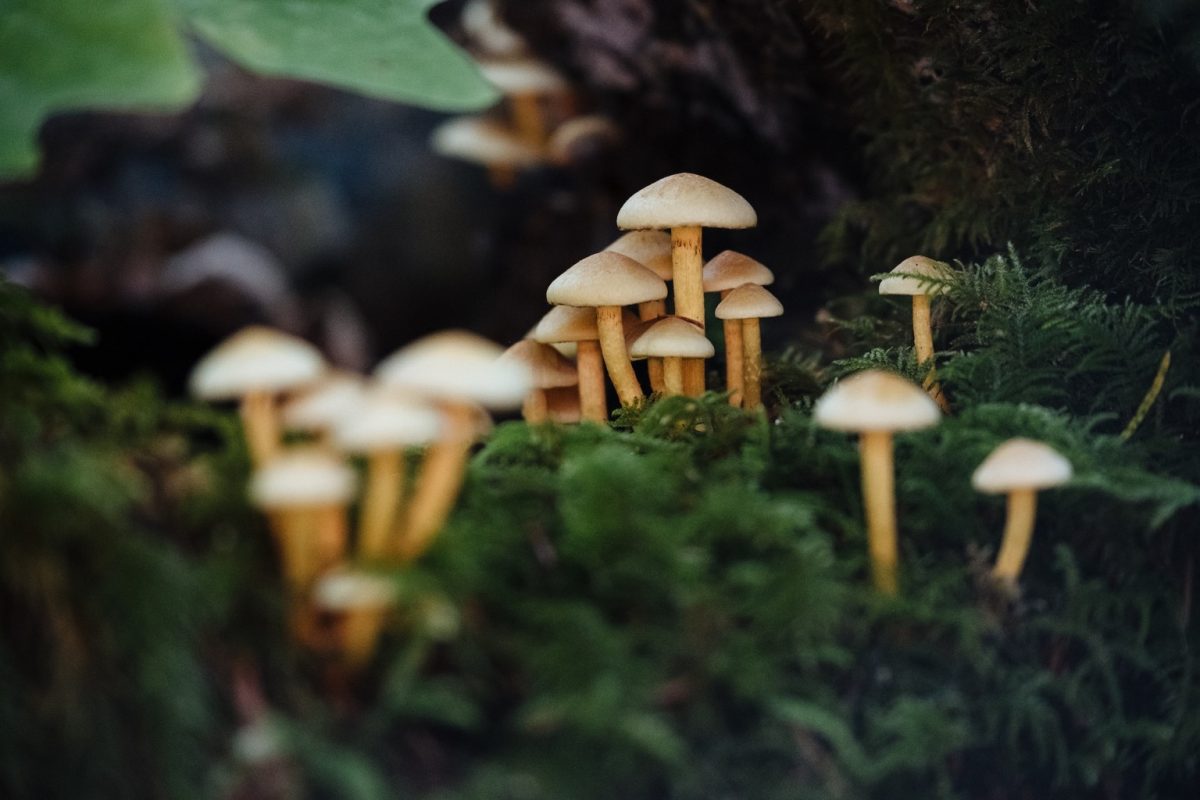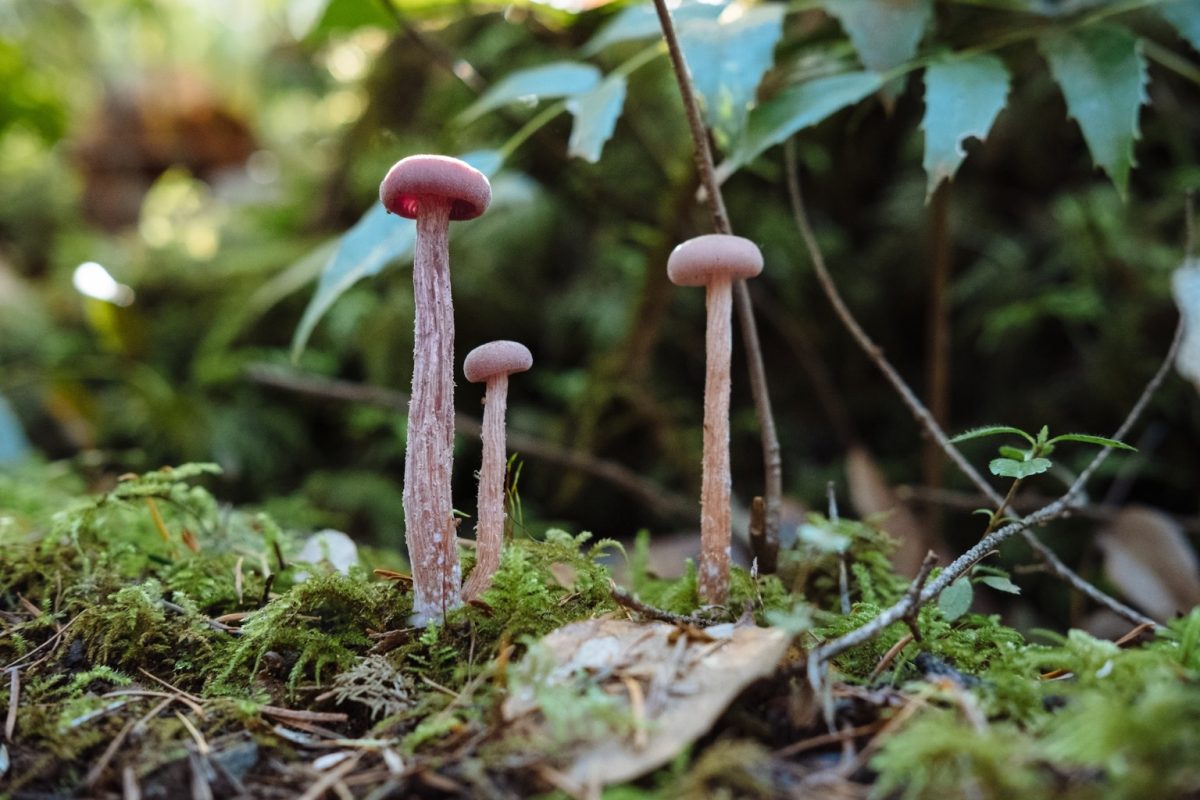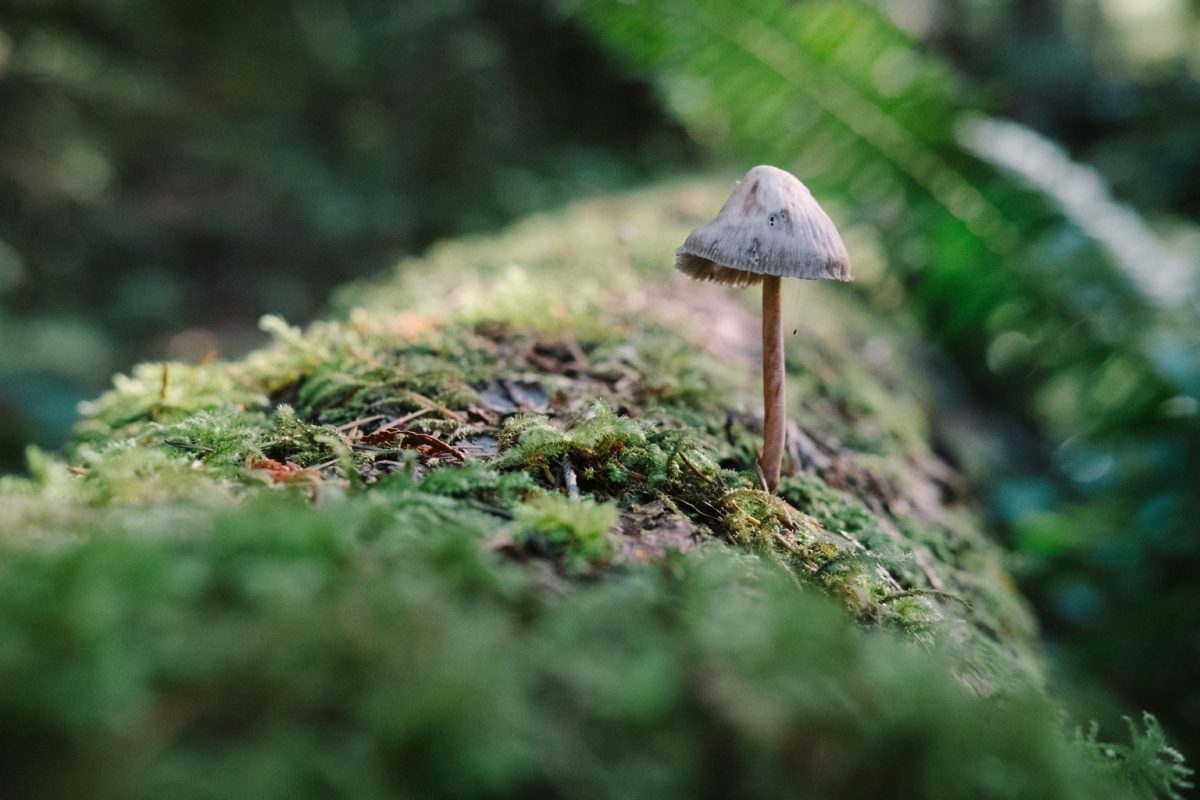Picture this: it's a lazy Saturday morning, you’re scrolling through your favorite Gen-Z memes, and suddenly you stumble upon mushroom coffee, a trendy elixir that promises the perfect blend of fungi and caffeine to boost your life. But hold up, can this funky brew really be making you sick? Let’s dive into the flavorful, mind-bending world of mushroom coffee to uncover its secrets, benefits, potential drawbacks, and everything in between. Get ready for an in-depth journey that’s as robust and daring as your morning cup!
Quick Links to Useful Sections
- The Buzz on Mushroom Coffee: A New Brew with Ancient Roots
- From Forest to Cup: What Exactly is Mushroom Coffee?
- The Adaptogenic Edge: Health Benefits of Mushroom Coffee
- Could It Be Making You Sick? Exploring the Downside of Mushroom Coffee
- Allergic Reactions and Sensitivities: When Mushroom Coffee Isn’t for Everyone
- Contaminants and Mycotoxins: The Hidden Risks in Your Cup
- Quality, Sourcing, and Consumer Safety: How to Choose the Right Mushroom Coffee
- The Science Behind Mushroom Coffee: What Research Says
- Testimonials and Case Studies: Real Lives, Real Brews
- Expert Advice: Can Mushrooms in Your Coffee Affect Gut Health and Immunity?
- DIY Mushroom Coffee: Tips, Tricks, and Cautionary Tales
- Resources and Community Support: Your Next Steps
- Your Journey to a Balanced Brew and Better Health
- Mushroom Coffee: Frequently Asked Questions
- The Final Sip: Embrace Balance, Knowledge, and a Little Bit of Boldness
The Buzz on Mushroom Coffee: A New Brew with Ancient Roots
Mushroom coffee is not your average latte. It’s the brainchild of an innovative twist on traditional coffee, blending premium coffee beans with medicinal mushrooms like chaga, lion’s mane, reishi, and cordyceps. These fungi have been revered for centuries in Eastern medicine for their potential to boost immunity, reduce inflammation, and even enhance cognitive performance. Now, in a move that’s equal parts quirky and revolutionary, modern roasters are fusing these adaptogenic powerhouses with your beloved cup of joe.
But as with any novel superfood trend, questions arise: Is this magical blend all hype, or could there be health concerns lurking in your favorite brew? If you’ve ever wondered if your daily dose of mushroom coffee might be upsetting your stomach or even triggering an unexpected reaction, you’re in the right place.
From Forest to Cup: What Exactly is Mushroom Coffee?
At its core, mushroom coffee marries the invigorating effects of coffee with the holistic benefits of medicinal mushrooms. The mushrooms used are typically grown under highly controlled conditions to maximize their nutritional profile and beneficial compounds. Once harvested, these mushrooms are dried, powdered, and blended with roasted coffee beans. The result? A brew that boasts a rich, earthy flavor and a unique aroma that might leave you wondering if you’re sipping a warm forest hug.
While the idea of adding mushrooms to your coffee might sound like a recipe for a questionable science experiment, many early adopters rave about its smooth, less acidic taste compared to traditional coffee. The mushrooms’ natural umami tones can counterbalance the bitterness of caffeine, making your morning ritual a bit gentler on the digestive system, at least, that’s the theory.
Looking For The Best Mushroom Coffee? You'll Love These:
Keywords like “organic mushroom coffee,” “functional mushrooms,” and “adaptogens” frequently pop up in discussions online. If you’re scouring the web for the best way to start your day without the jitters, this blend might just be your next holy grail, or it could be a health hazard in disguise.
The Adaptogenic Edge: Health Benefits of Mushroom Coffee
Before we start questioning if mushroom coffee can make you sick, let’s give credit where credit is due. This innovative brew is celebrated for its potential health benefits, many of which are attributed to its key ingredients:
- Chaga: Brimming with antioxidants, chaga is thought to help combat oxidative stress and support a robust immune system.
- Lion’s Mane: Often hailed as a brain booster, lion’s mane might improve focus and cognitive function, making it a favorite among students and professionals alike.
- Reishi: Known as the “mushroom of immortality” in ancient Eastern medicine, reishi may help reduce inflammation and promote overall wellness.
- Cordyceps: Traditionally used to enhance energy and endurance, cordyceps might leave you feeling supercharged without resorting to a sugar rush.
Together, these medicinal mushrooms offer a potent pack of adaptogens, substances that help the body adapt to stress, balance mood, and maintain optimal health. For many, the blend is a welcome alternative to the caffeine overload of regular coffee, providing a smoother energy boost without the notorious crash that follows.
When you search for “mushroom coffee health benefits” online, you’ll find a slew of studies and glowing testimonials, fueling a passionate community convinced that this brew is not just a beverage, but a gateway to improved overall well-being.
Could It Be Making You Sick? Exploring the Downside of Mushroom Coffee
As with any health trend that sweeps across social media, mushroom coffee isn’t without its detractors and potential pitfalls. While many drinkers boast about the energy and clarity they gain, some have reported unwanted side effects that warrant a closer look.
One of the biggest concerns is the possibility that certain individuals might experience adverse reactions. Although medicinal mushrooms boast an impressive safety record, they’re not a one-size-fits-all remedy. Overconsumption or poor-quality ingredients could potentially lead to issues like stomach upset, nausea, or digestive disturbances.
Moreover, the potent mix of bioactive compounds in these mushrooms might interact differently with each person’s unique body chemistry. Some users have reported feeling jittery or experiencing an unusual crash, which begs the question: is there such a thing as too much of a good thing?
Considering that the mushroom coffee trend is still relatively young, the long-term effects are yet to be fully mapped out by rigorous scientific studies. While many swear by its benefits, the possibility of side effects, albeit rare, shouldn't be dismissed outright.
Allergic Reactions and Sensitivities: When Mushroom Coffee Isn’t for Everyone
Just like with any food or drink, be it dairy-free milk, gluten, or even kale, there's a risk of allergic reactions. Some folks might have sensitivities not just to coffee, but to certain types of mushrooms, too. If you have a known allergy to edible mushrooms, diving into mushroom coffee might lead to symptoms like itching, swelling, or even gastrointestinal distress.
And let's not forget that our bodies can be just as unpredictable as our Netflix recommendations. Some consumers might experience mild to moderate allergic reactions even if they've never had issues with mushrooms before. It’s always a smart move to check the ingredients list and consult with a healthcare professional if you have concerns about potential allergens.
When searching for “mushroom coffee allergies” or “is mushroom coffee safe for my digestion,” it’s important to remember that individual responses can vary dramatically. One person’s miracle brew could be another’s dietary nightmare, so personal experimentation, done cautiously, is key.
Contaminants and Mycotoxins: The Hidden Risks in Your Cup
While medicinal mushrooms have a storied tradition in holistic health, not all mushrooms are created equal, and neither is their cultivation. One potential risk lies in the presence of contaminants and mycotoxins, naturally occurring toxins produced by certain molds. These compounds can be harmful if ingested in large amounts.
The quality of mushroom coffee hinges on the careful cultivation, harvesting, and processing of the mushrooms used. Poorly grown mushrooms or those exposed to environmental contaminants can lead to tainted powders that, when brewed, might irritate your gut or cause other issues. This is particularly concerning if the coffee contains wild-harvested mushrooms that weren't processed under strict quality controls.
Consumers should be on the lookout for brands that prioritize transparency, third-party testing, and organic farming practices. Incorporating keywords like “clean mushroom coffee,” “mycotoxin free,” and “quality-controlled” into your research helps ensure you're choosing a product that minimizes potential risks.
Quality, Sourcing, and Consumer Safety: How to Choose the Right Mushroom Coffee
So, how do you separate the wheat from the chaff when it comes to picking a mushroom coffee brand that won’t upset your stomach? Here are some quick tips to keep your gut, and your mood, happy:
- Research the Brand: Look for companies with transparent sourcing practices. Brands that disclose where and how they grow their mushrooms inspire more trust than those guarding their secrets like a TikTok influencer’s dance routine.
- Third-Party Testing: Reputable brands often use independent labs to ensure their products are free from contaminants and mycotoxins. Proof of testing is a big plus.
- Certifications Matter: Whether it's USDA Organic, Non-GMO, or Fair Trade, certifications act as a quality stamp, assuring you that your brew is as clean as your conscience after recycling on a Wednesday.
- Listen to Reviews: User testimonials and online communities can provide valuable insights into a product's performance and potential side effects.
By paying attention to these factors, you empower yourself to choose a mushroom coffee that aligns with your health needs and lifestyle, reducing the risk of unwanted sickness while maximizing potential benefits.
The Science Behind Mushroom Coffee: What Research Says
As mushroom coffee continues to gain traction, researchers and health experts are rigorously studying the blend’s unique composition. Scientific studies on medicinal mushrooms highlight a range of promising benefits, from enhanced cognitive function associated with lion’s mane to the powerful antioxidants found in chaga. However, the body of research is still unfolding.
While many preliminary studies suggest that the adaptogenic properties of these mushrooms can help combat stress and bolster the immune system, the long-term effects of combining these compounds with the stimulating nature of coffee are less understood. Researchers are delving into questions like: Can the bioactive compounds interact with the caffeine in ways that might stress the body? Or can the blend be a one-two punch against chronic inflammation and fatigue?
The dual nature of mushroom coffee requires a balanced investigation. On one hand, the enhanced nutritional profile might help mitigate some of the negative impacts of caffeine on the gut. On the other, there’s a need for more controlled studies to fully understand if any side effects might arise, especially for those with pre-existing conditions or sensitivities.
If you’re a curious soul with a knack for science, diving into academic journals and research papers on “mushroom coffee health benefits” or “mushroom adaptogens and caffeine” could provide valuable insights and boost your confidence when making an informed decision.
Testimonials and Case Studies: Real Lives, Real Brews
Nothing brings a trend into sharper focus than real-life experiences shared by everyday people (and influencers) alike. Meet Sarah, a self-proclaimed coffee snob and wellness warrior, who swapped her usual double espresso for mushroom coffee after a particularly rough week. She raved about the “smooth energy” and the twinge of earthy goodness that seemed to mellow her nerves without dulling her focus.
Then there’s Jamal, a busy creative juggling multiple side hustles. Initially skeptical, he discovered that occasional bouts of stomach discomfort coincided with trying a cheap, off-brand mushroom coffee. After switching to a premium, third-party tested option, Jamal noted a significant drop in the digestive issues and even claimed a slight boost in his creative output.
These testimonials underscore an important point: experiences with mushroom coffee can vary wildly, and while some find it transformative, others might face fleeting side effects. The key takeaway is to start slow, test your tolerance, source high-quality products, and join the buzzing online communities where fellow coffee enthusiasts exchange tips and warnings.
Expert Advice: Can Mushrooms in Your Coffee Affect Gut Health and Immunity?
Ever wondered if that earthy mushroom component might be throwing your gut flora into chaos? Experts offer a balanced perspective. Many nutritionists point out that the fiber, polysaccharides, and antioxidants in medicinal mushrooms can actually support a healthy gut microbiome and bolster immunity. However, for some folks, mixing these compounds with the acidity and stimulation of coffee might tip the scales toward digestive discomfort.
Renowned dietitians and holistic health coaches recommend paying close attention to your body’s signals. If you notice bloating, gas, or an unsettled stomach after indulging in mushroom coffee, consider adjusting your intake or trying a different product formulation. It’s all about finding that sweet spot where your body reaps the benefits of adaptogens without any unwanted side effects.
Remember, there’s no one-size-fits-all answer, what works for your friend’s gut might not be ideal for yours. As with any dietary supplement, gradual integration and close monitoring are your best allies in this caffeinated adventure.
DIY Mushroom Coffee: Tips, Tricks, and Cautionary Tales
For those of you who love to play mad scientist in the kitchen (or at least enjoy customizing your brew to perfection), DIY mushroom coffee can be a fun experiment. Many health and wellness enthusiasts have turned to blending their own coffee with medicinal mushroom powders purchased online or at specialty stores.
Here are some tips to ensure your DIY experience is more hit than miss:
- Research Your Ingredients: Make sure you’re using high-quality mushroom powders that have been lab-tested for purity and are free from contaminants. Avoid buying from shady sources that promise the moon without any quality guarantees.
- Start Small: If you’re new to the blend, mix a small amount and see how your body reacts. Gradually increase the dosage over time as you gauge your tolerance.
- Balance Your Flavors: Don’t drown your coffee in mushrooms. Aim for a balanced mix that enhances rather than dominates the flavor profile. A little goes a long way.
- Keep a Journal: Track your experiences, note any changes in energy, digestion, or overall well-being. This documentation can be valuable in fine-tuning your perfect blend.
While the DIY route can be incredibly rewarding, and even a way to save a few bucks, it comes with its own set of risks. Poor measurements, subpar ingredients, or ignoring your body’s warnings can transform your promising brew into a regrettable experiment. So, channel your inner barista with caution and a pinch of common sense!
Resources and Community Support: Your Next Steps
Navigating the mushroom coffee universe can feel like scrolling through an endless list of hashtags and influencer endorsements. But fear not: a vibrant community of health enthusiasts, nutrition experts, and fellow experimenters is out there to help you make informed decisions.
Consider joining online forums, Facebook groups, or Reddit threads dedicated to mushroom coffee. Here, you can share your experiences, ask for advice, and learn about the latest research and product releases. Resources like academic articles, health blogs, and expert panels can also provide in-depth insights into the science behind medicinal mushrooms.
Additionally, many brands now host live Q&A sessions, webinars, and community events where you can connect directly with experts. Whether you’re a die-hard coffee aficionado or a wellness newbie, tapping into this network can be invaluable on your journey toward balanced health.
Your Journey to a Balanced Brew and Better Health
Embracing mushroom coffee, like any other health trend, is an adventure of trial, error, and self-discovery. For some, it might offer a smoother, more balanced energy boost that keeps the jitters at bay while supporting overall wellness. For others, the potential side effects could serve as a reminder that even the hippest superfoods aren’t universally perfect.
The key is to listen to your body, conduct your research, and experiment mindfully. Consider your own dietary needs, sensitivities, and health goals when deciding whether this brew is right for you. Remember, what works marvelously for one person might need tweaking for another, and that’s totally cool.
With its roots steeped in ancient traditions and its twist firmly anchored in modern science, mushroom coffee represents the best of both worlds. It’s a bold fusion of the old and new, a blend that dares to challenge conventional coffee culture while offering potential health perks. Whether you end up loving it or discovering that it isn’t your cup of tea (or coffee), the journey of exploration is part of the fun.
So, as you ponder the question, “Can mushroom coffee make you sick?” remember that the answer largely depends on factors like quality, dosage, and your own unique body chemistry. Empower yourself with knowledge, lean on the community for support, and always be ready to tweak your routine until you find the perfect balance.
Mushroom Coffee: Frequently Asked Questions
Below are some of the most common questions we get about mushroom coffee and its potential side effects. Dive in to satisfy your curiosity!
1. What exactly is mushroom coffee, and how is it different from regular coffee?
Mushroom coffee is a blend of traditional coffee grounds with powdered medicinal mushrooms such as chaga, lion’s mane, reishi, or cordyceps. While regular coffee focuses solely on caffeine for an energy boost, mushroom coffee incorporates adaptogens and bioactive compounds from mushrooms that could offer additional health benefits like reduced inflammation and enhanced cognitive function.
2. Can mushroom coffee really make you sick?
For most people, mushroom coffee is safe when consumed in moderation and sourced from reputable brands. However, if you overdo it, have allergies, or use a product with contaminants or mycotoxins, you might experience digestive issues, nausea, or allergic reactions.
3. What are the common side effects associated with mushroom coffee?
Some users have reported stomach upset, nausea, or an unusual energy crash if the product is consumed in excess or if the ingredients aren’t of high quality. Always start with a smaller dose to gauge your body’s reaction.
4. Who should avoid mushroom coffee?
If you have known allergies to mushrooms or sensitive digestive issues, it might be best to consult with a healthcare professional before adding mushroom coffee to your routine. Also, pregnant or nursing individuals should seek medical advice.
5. How can I ensure the mushroom coffee I’m drinking is safe?
Look for brands that emphasize transparency in sourcing, use third-party lab testing, and have certified organic or non-GMO labels. Reading user reviews and joining community forums can also help you identify high-quality products.
6. What are the potential benefits of switching to mushroom coffee?
Many users enjoy reduced acidity, a smoother energy boost, and added health benefits from the adaptogens present in medicinal mushrooms. Additionally, some report improved cognitive clarity and enhanced immune support.
7. Is there scientific evidence supporting the benefits of medicinal mushrooms?
Preliminary studies and historical usage suggest that compounds in mushrooms like lion’s mane and chaga offer benefits such as improved cognitive function and antioxidant support. However, more research is needed to fully confirm these effects, especially in combination with coffee.
8. Can I make mushroom coffee at home?
Yes, you can experiment with making your own blend by mixing high-quality mushroom powder with your favorite coffee. Just be cautious with proportions and quality to avoid unwanted side effects.
9. What should I do if I experience negative side effects?
If you experience discomfort or adverse reactions, stop consuming the product immediately and consult a healthcare provider for guidance. It might also help to try a different brand or adjust your dosage.
10. Where can I join a community of mushroom coffee enthusiasts?
Many online forums, social media groups, and Reddit threads are dedicated to mushroom coffee. These communities are a great resource for sharing experiences, tips, and staying updated on the latest research.
The Final Sip: Embrace Balance, Knowledge, and a Little Bit of Boldness
In the ever-evolving world of wellness trends, mushroom coffee stands out as an innovative blend that challenges the status quo, mixing the familiar comfort of your morning brew with the ancient wisdom of medicinal mushrooms. The experience can be as transformative as it is unpredictable. While many users have celebrated smoother energy boosts and added health benefits, it’s essential to remain aware of potential side effects that might arise from overconsumption, allergens, or poor-quality ingredients.
As you navigate this trendy terrain, remember that knowledge is power. Do your research, listen to your body, and lean on the ever-expanding community of enthusiasts who are exploring this frontier alongside you. By prioritizing quality and mindful experimentation, you can turn your coffee ritual into a balanced blend of tradition, innovation, and wellness.
Whether you’re a curious newcomer or a seasoned coffee connoisseur ready to embrace the unconventional, the story of mushroom coffee is still being written, one cup at a time. So go ahead, savor that enticing mix, and let each sip remind you that life, much like your brew, is all about balancing bold flavor with a dash of caution and a sprinkle of fun.
Looking For The Best Mushroom Coffee? You'll Love These:
Useful Interruption: Dive deeper into the world of Mushroom Coffee with our most popular sections. If there is anything you think is missing or anything you would love for us to write about, just give us a shout.
- Mushroom Coffee Equipment & Product Reviews
- Mushroom Coffee Recipes & Creative Variations
- Mushroom Coffee Guides & Troubleshooting
- Mushroom Coffee Brewing & Preparation Techniques
- Model Rocket Advanced Rocketry & Innovations
- Mushroom Coffee Fundamentals
- Model Rocket Equipment Reviews & Digital Tools
- Mushroom Coffee Health Benefits & Wellness
- Mushroom Coffee Mycology & Scientific Insights
- Mushroom Coffee Community, Lifestyle & Engagement
I tried mushroom coffee this morning and told my friend, "This brew is spore-tacular!" He shot back, "Guess that's why it's such a cap-tivating way to kickstart your day!"

